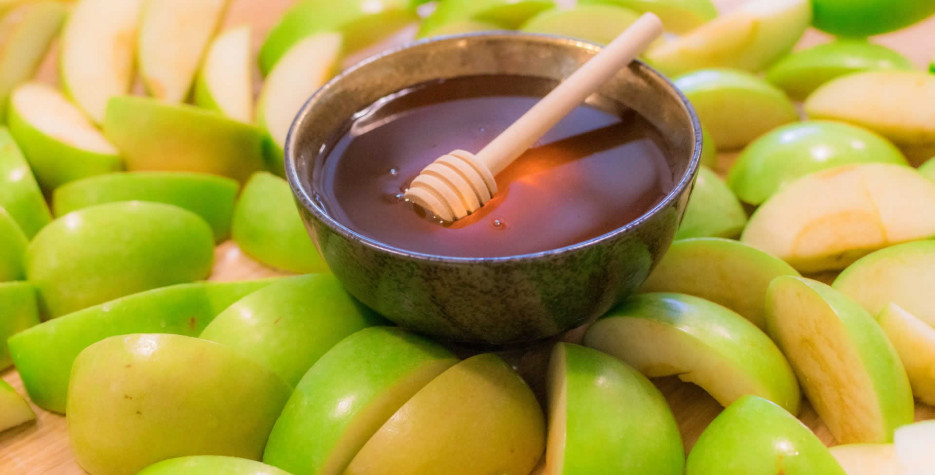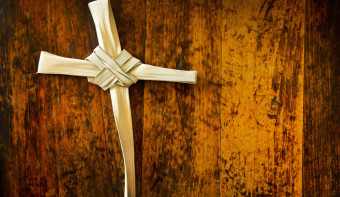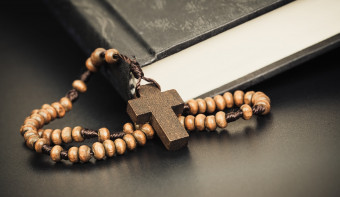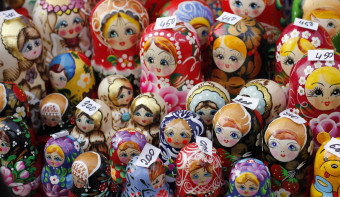About Rosh Hashanah
When is Rosh Hashanah?
Rosh Hashanah is observed the first and second day of the seventh month of the Jewish religious year, Tishri. This means it usually takes place in September in the western calendar.
Though it might seem strange to celebrate the new year at the start of the seventh month, Tishri is the first month in the civil calendar.
Known as the Feast of Trumpets, Rosh Hashanah is recorded in the Old Testament book of Leviticus 23:23-25 and also in Numbers 29:1-6.
Traditions of Rosh Hashanah
The Jewish Holiday of Rosh Hashanah is generally known as the New Year's Day of the Jewish calendar, but has a fourfold meaning - It is the Jewish New Year, the Day of Judgement, the Day of Remembrance, and the Day of Shofar Blowing.
- It is the Day of Judgement - Jews across the world examine their past deeds and asks for forgiveness for their sins.
- It is the Day of Shofar Blowing - The Shofar (an ancient musical horn usually made of a ram's horn) is blown in temples to herald the beginning of the 10 day period known as the High Holy Days. The sound of the horn is meant to awaken the hearers from their spiritual slumber, to make them aware of their actions and their repercussions
- It is the Day of Remembrance - As Jews remember the history of their people and pray for Israel.
- And of course, it is New Year's Day - Celebrated with its holiday greeting cards, special prayers, and festive and eating sweet foods such as apples dipped in honey (to ensure sweetness in the New Year).
The traditions of Rosh Hashanah are simple as the only commandment specified for the holiday is the blowing of the shofar.
Did you know?
According to Judaism, Rosh Hashanah is traditionally the anniversary of the creation of Adam and Eve.
The ten days starting with Rosh Hashanah and ending with Yom Kippur are commonly known as the Days of Repentance or the Days of Awe (Yamim Noraim). This is a time for introspection, a time to consider the sins of the previous year and repent (Teshuvah) before Yom Kippur. Jews are expected to reach out to friends, loved ones and community members and apologise to them for any wrongs they did to them during the year. And any apology must be sincere and meaningful.
Shanah Tovah! (Hebrew for "Have a good year!")
Similar Observances
Ash Wednesday
Read More
Ramadan ☪️
Read More
Other Observances on September 12th 2026
Carl Garner Federal Lands Cleanup Day
Read More










